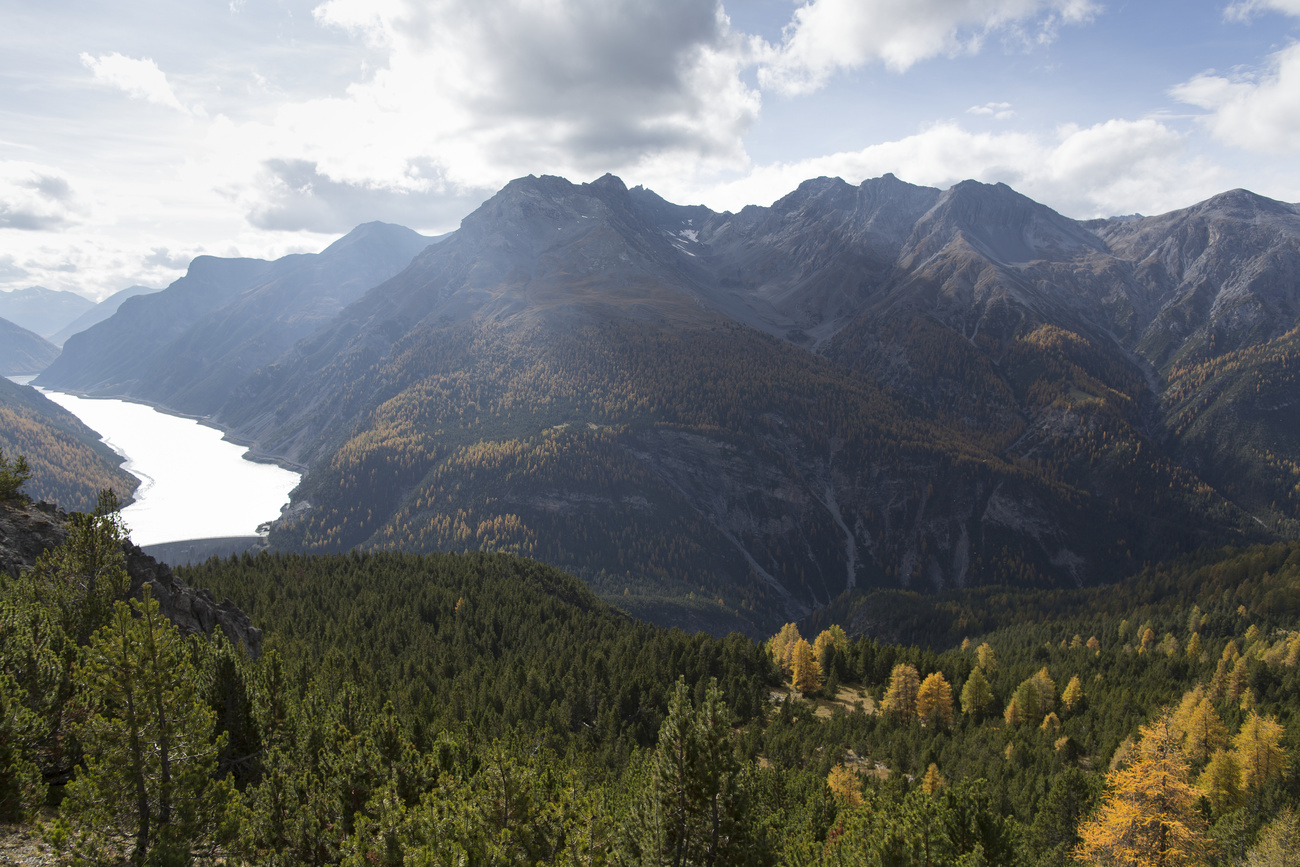
Swiss people crave more naturally wild areas, survey finds

The Swiss public shares the desire of environmental and biodiversity experts to see more natural and wild areas in their country, according to a survey by a wildlife conservation organisation Pro Natura.
“Wilderness” as such is seen as something positive by the broad population and professionals from conservation, tourism, hunting and forestry fields, the environmental group said on Thursday.
Among the general public, 95% consider a large diversity of species as important, while just under 90% say pristine nature is important.
The survey – part of a three-year campaign – is based on the responses of around 1,200 members of the public and 1,100 experts, with the results published in the context of this Saturday’s “World Wilderness Day”.
The majority understands wilderness as large areas with wild animals and fallen trees, untouched by human influence. As Pro Natura writes, such landscapes hardly exist anymore in Switzerland and Central Europe. Switzerland, for example, lost 90 percent of its moors in the last 200 years.
However, wilderness can return to previously intensively used landscapes, it says. Acceptance for ‘re-naturing’ of forests, water bodies, boglands and mountain areas has increased in recent years, as a comparison with a 2002 survey shows.
The positive assessment of wilderness is accompanied by the demand for more natural areas in general – a concern particularly widespread among the professionals surveyed.

In compliance with the JTI standards
More: SWI swissinfo.ch certified by the Journalism Trust Initiative






























You can find an overview of ongoing debates with our journalists here . Please join us!
If you want to start a conversation about a topic raised in this article or want to report factual errors, email us at english@swissinfo.ch.